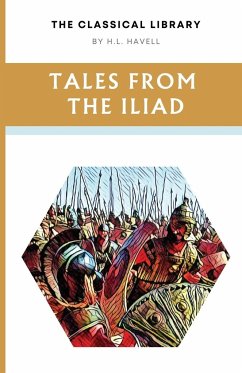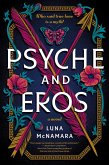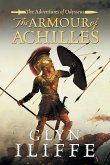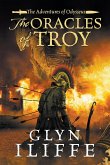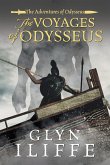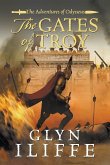In order to understand the structure of The Iliad, we must keep fast hold of the guiding clue which is supplied by the author, Homer, in the first line of his poem. The subject, he tells us, is the Wrath of Achilles. The motive of the greatest of epics is wrath-blind, unreasoning fury, which knows no law, and acknowledges no right. Keeping this in view, we are able to explain what seems at first sight to be a strange anomaly in the conduct of the story-the absence of the hero from the scene of action during three-fourths of the narrative. For Achilles is not less the hero of The Iliad than Odysseus is the hero of The Odyssey, and in both cases the character of the man determines the structure of the poem.
Hinweis: Dieser Artikel kann nur an eine deutsche Lieferadresse ausgeliefert werden.
Hinweis: Dieser Artikel kann nur an eine deutsche Lieferadresse ausgeliefert werden.

